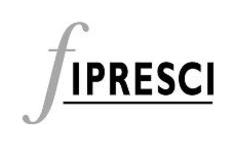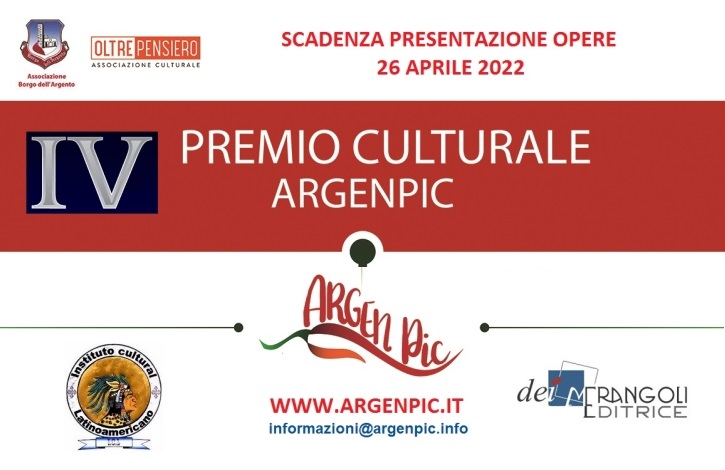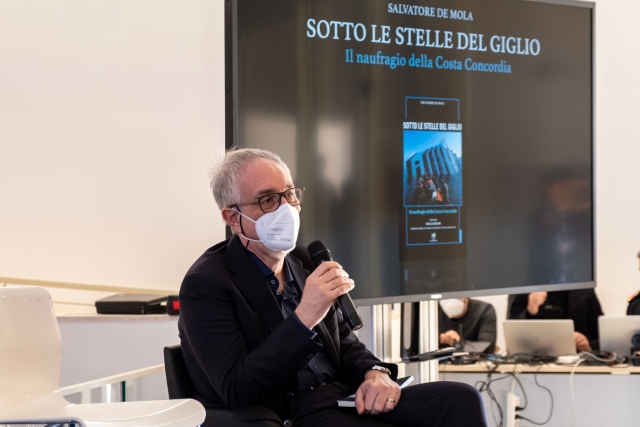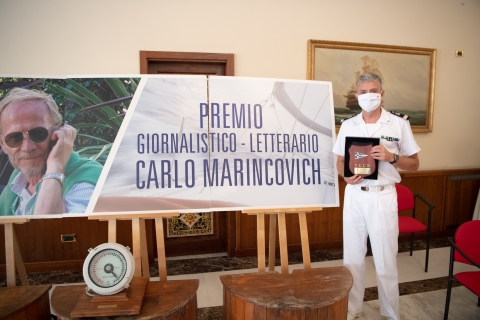Incontro con Klaus Eder (FIPRESCI) al 31° Istanbul Film Festival

Report & Camera by Mariangiola Castrovilli
– FIPRESCI – Historical background 1925-1945
 (http://www.fipresci.org/ ) – In 1925 some film journalists from Paris and Brussels founded a Professional Association of the Film Press. Soon after, the Belgium journalists took the initiative in making contact with others in foreign countries.
(http://www.fipresci.org/ ) – In 1925 some film journalists from Paris and Brussels founded a Professional Association of the Film Press. Soon after, the Belgium journalists took the initiative in making contact with others in foreign countries.
The idea of an International Federation of Film Press took shape in Paris, during the Congress of Cinema, held in the Rothschild Foundation building between 27th September and 3rd October 1926. The following communiqué was issued:
A strong representation of film critics from the daily press and the specialised press has attended the Congress of Cinema in Paris. After having heard a report by MJLCroze, the Commission that was formed, has demanded the constitution of an International Federation of the Film Press. This organisation should become a centre of international information as well as providing a group for the defence of professional interests.
Some Belgium critics took the initiative on their return home and made contact with other national associations for the film press within Europe. Negotiations took a considerable time until 1929 it looked as though the whole thing would die before getting started. Then in June 1930, during the International Congress on Cinema, held in the Palais des Académies in Brussels, some French, Italian and Belgium critics decided to take matters into their own hands and founded the Federation, based on the principle of individual membership.
The second General Assembly of the Federation was held in Rome in 1931, and efforts were made to contact countries that had not adhered into membership. The Italians also proposed that the name FIPRESCI be adopted. By June of that year a report was sent to all European Journalist organisations, Governments, became involved and in November an International Commission was created to reorganise FIPRESCI.
By June 1932 the third General Assembly, held in London, was in a position to approve the new international statutes proposed by the Commission, which subsequently dissolved itself.
In Paris during January the following year, during the fourth General Assembly, Belgium assumed the posts of General Secretary and Treasurer. A logo and membership card were also created.
The fifth General Assembly took place from the 29th May to the 1st June at the Brussels Exposition of 1935. Delegates from fourteen countries attended and the first links were made with a view to promoting the cultural value of the cinema. It ratified proposals made at earlier assemblies and decided to create Information Bureaus in each national section. It also asked that the editors of film magazines should be asked to only use members of FIPRESCI as foreign correspondents. It was also asked to obtain financial reductions for travelling and accommodation for FIPRESCI membership cardholders.
The next year, as part of the 40th anniversary of the invention of the cinema, members of FIPRESCI met in Rome where they were addressed both by Pope Pius XI and Mussolini.
During the late 1930s the Bureau of FIPRESCI had to tread a very wary line among the conflicting political storms taking place in Europe. On the whole FIPRESCI managed to maintain a position of neutrality, and during the first years of the Second World War the Bureau was able to assist members of FIPRESCI in Austria and Poland.
At the outbreak of the war FIPRESCI consisted of seven national sections, Germany, Austria, Belgium, France, Italy, Luxembourg and Czechoslovakia. With nine other countries represented by individual members, the Vatican City, Spain, United States of America, Holland, Poland, Portugal, Romania, Sweden and Switzerland.
Post War Revival
After the war finished it was again France and Belgium that started the process of getting FIPRESCI running once more. When the Cannes Film Festival began in 1946, FIPRESCI was present and at a meeting new officials were elected with the British critic Dilys Powell as President. FIPRESCI also formed a jury at this first festival and awarded its prize ex aequo to David Lean’s BRIEF ENCOUNTER and Georges Rouquier’s FARREBIQUE. In 1947 the organisation was fortunate enough to find Denis Marion, a man of great diplomacy and charm who helped direct FIPRESCI towards its current situation.
TALKING ABOUT CINEMA
Report and Camera by Mariangiola Castrovilli
Editing by Claus
31° ISTANBUL FILM FESTIVAL
31 Marzo – 15 Aprile 2012
—————————————
VIDEOPENSIERO è la WEB-TV di
http://www.oltrepensiero.it/
—————————————


